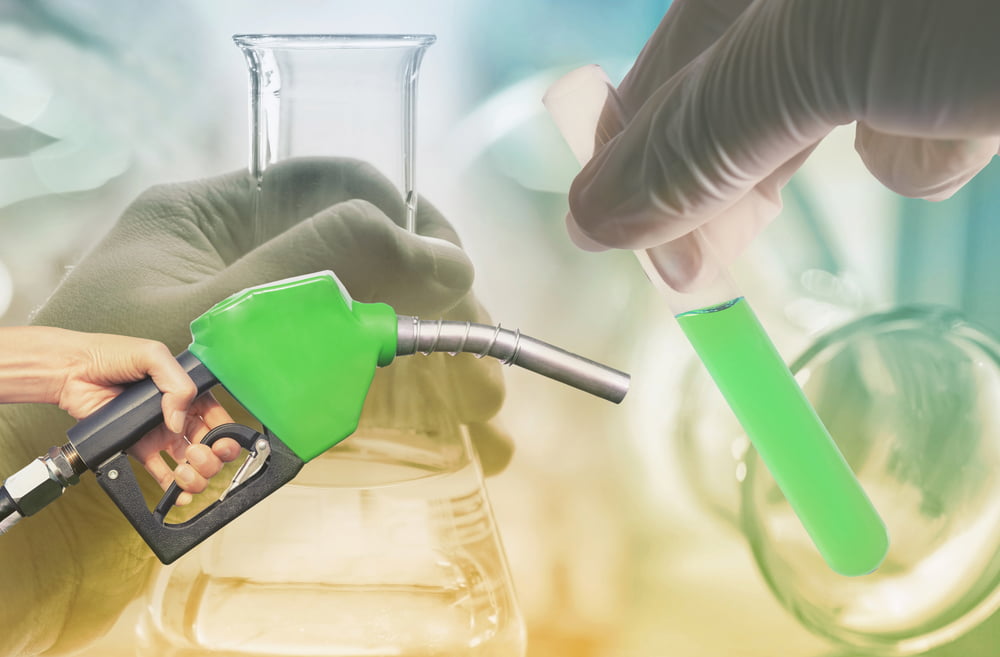It is clear that without a complete switch to zero-emission vehicles, the CO2 reduction ultimate goal in the transport sector will not be achieved.
European trade associations, including the International Road Transport Union, warn of the risks of new EU CO2 rules for trucks. In addition to electrification and hydrogen, they also request recognition of CO2-neutral biofuels as a long-term solution for making Transport in the EU CO2-free.
A fair plea. It is clear that without a complete switch to zero-emission vehicles, the CO2 reduction ultimate goal in the transport sector will not be achieved. However, this transition is slow to start due to the great complexity involved in switching to zero-emission vehicles. This is mainly due to the higher costs, limitations of the charging infrastructure, required charging plazas, substantial investment costs and the limited space on the electricity grid. That is why, in addition to zero-emission vehicles, other measures that can be implemented more quickly, such as fuel savings and biofuels, are necessary to significantly reduce CO2 emissions in the next five to ten years.
Biofuels are made from plant materials and waste. Technically, it is possible to run on 100 percent biofuel. But in current practice, the available total stock is too small, which is why these biofuels are blended with fossil diesel. Since 2022, it is mandatory to use at least 17,9 percent biofuels for this purpose. This percentage will rise to 28 percent in 2030.

The disadvantage of blending is not only that it is not a zero-emission solution, but also that all types of transport motor vehicles use the scarce biofuels, including those vehicles (such as passenger cars and vans) for which there are good zero-emission alternatives, namely 100 percent electric . As a result, the scarce biofuels are not used optimally. By using the scarce stock 100 percent for trucks, for which the step to 100 percent electric still takes time and effort, a much-needed new zero-emission variant for transport is created quickly.
The emphasis in the Dutch zero-emission policy has now shifted to electric and hydrogen. High time, therefore, for an adjustment of the policy whereby 100 percent CO2-neutral fuel is also recognized as part of the long-term approach to making transport CO2-free. It is appropriate to stop mixing for use in vans and passenger cars because there are already better alternatives in the form of electric driving, says Machiel Bode, sector specialist Transport, Logistics and Mobility, ING Sector Banking.



